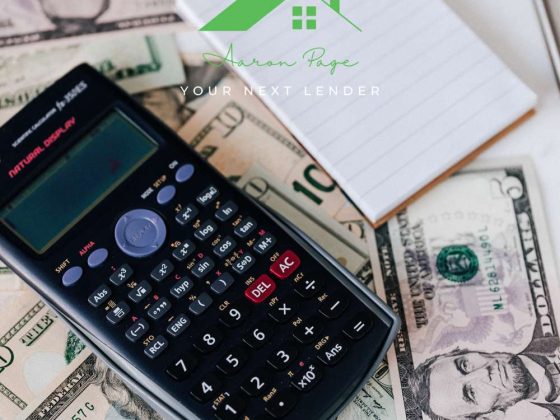If you’re beginning to navigate the world of home buying, you may have come across the name “Fannie Mae.” It’s a name that pops up often in discussions about mortgages, but what exactly does it mean? Who or what is Fannie Mae, and how does it affect your home loan? In this blog post, we’ll unravel the mystery of Fannie Mae and explain its role in the mortgage industry.
Fannie Mae 101
First, let’s clear up the name. “Fannie Mae” is a playful abbreviation of the Federal National Mortgage Association, or FNMA, which is quite a mouthful. It was created by the US government in 1938 to improve the availability and affordability of home loans.
What Does Fannie Mae Do?
Fannie Mae’s primary job is to buy loans from lenders. It sounds a little strange at first, so let’s break it down. When you go to a bank or a mortgage broker and take out a home loan, they don’t actually keep your mortgage. Instead, they sell it to a larger financial institution like Fannie Mae. This process frees up funds for the lender to provide more mortgages to other home buyers.
Conforming Loans
Fannie Mae doesn’t buy just any mortgage. It only purchases loans that meet its specific guidelines, known as “conforming” loans. These guidelines cover a variety of factors, including the borrower’s credit score, down payment, debt-to-income ratio, and the size of the loan.
Loan Size Limits
One important guideline is the maximum loan size. In most parts of the country, the limit for a single-family home is $548,250 as of 2021. In areas with high housing costs, the limit is higher, up to $822,375. Any loan larger than this is known as a “jumbo” loan and won’t be purchased by Fannie Mae.
Why Does Fannie Mae Matter to You?
You might be wondering why any of this matters to you as a borrower. The reason is that Fannie Mae’s standards indirectly influence the loans you can get. Since lenders know they can sell loans that meet Fannie Mae’s guidelines, they often base their own lending standards on these guidelines. So even if you’re not getting a loan directly from Fannie Mae, it’s influencing the types of loans and terms available to you.
HomeReady Loans
One of Fannie Mae’s initiatives that could directly benefit you is the HomeReady loan program. These are mortgages with a down payment as low as 3% aimed at helping low- to moderate-income borrowers. HomeReady loans also allow for flexible sources of funds, allowing you to use gifts or grants toward your down payment and closing costs.
As you can see, Fannie Mae plays a crucial role in the U.S. mortgage industry. While you may not interact directly with Fannie Mae when you apply for a loan, understanding its role can give you a better grasp of how the mortgage system works. From conforming loans to HomeReady loans, Fannie Mae’s influence reaches far and wide, shaping the landscape of home financing. We hope this guide has helped demystify Fannie Mae and illuminated yet another corner of your home buying journey.




